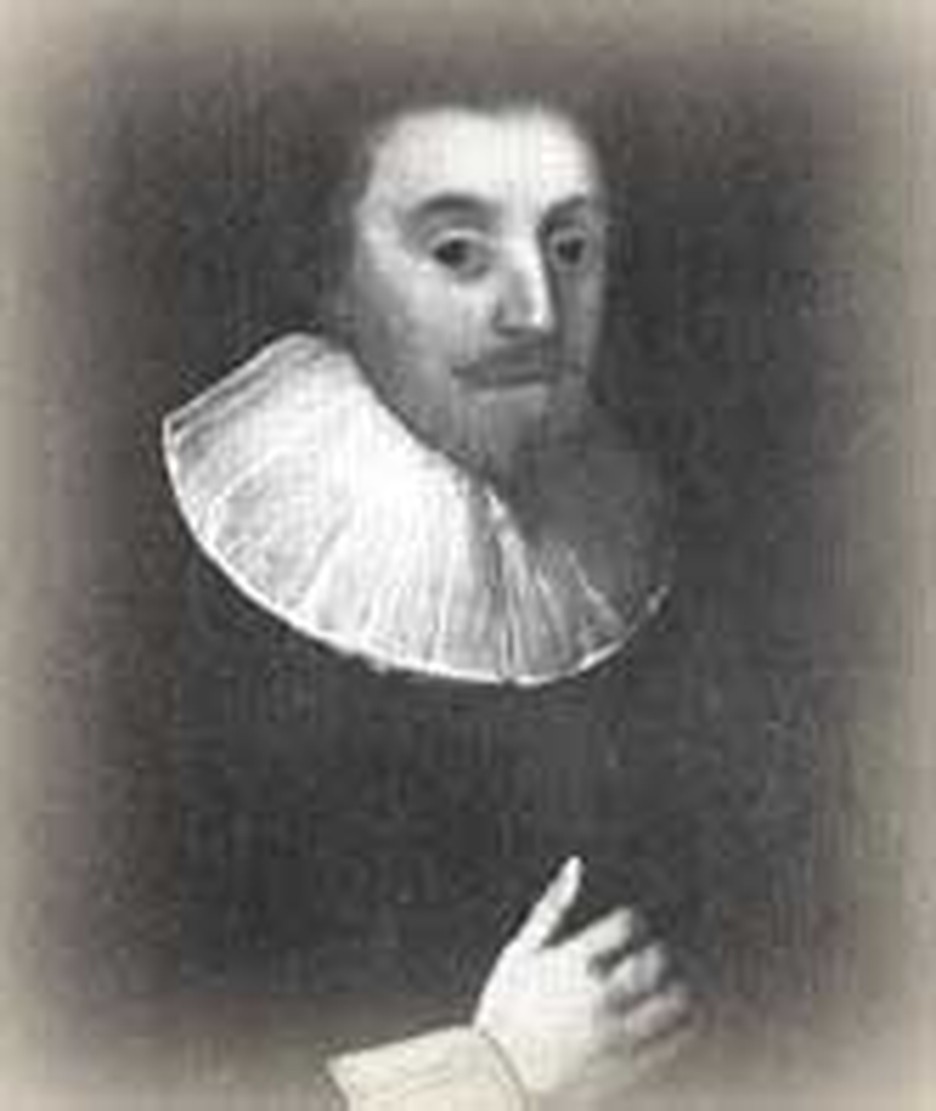
Nicholas Ferrar lived only 45 years, but they were some of the most unselfish years any man has given the world. His wealthy parents were deeply committed to the Church of England and reared their children in faith. They required each to memorize large portions of Scripture. Every day, they read to them from Foxe's Book of Martyrs. From his birth in 1592 until his premature death, these influences remained strong in Nicholas. At six he had an overwhelming religious experience in which he yielded his heart to God.
Nicholas learned quickly and studied hard, wasting few opportunities. In his early teens, he went up to Cambridge, where he continued to pour himself into study. So brilliant was he that his tutor prayed he wouldn't turn heretic, because with his power as a thinker and writer, orthodox churchmen would be hard-pressed to answer him.
Ferrar didn't turn from the faith. Forced by ill-health to travel abroad, he continued his studies. Everywhere he went, he studied arts, methods of manufacture, and languages. Everyone thought he was planning some great career for himself. A princess with whom he traveled asked him to become her secretary. He turned down her offer.
Whether he would survive to show the world what was in him, was doubtful. Crossing German mountains, he was almost killed when a donkey ran down a slope carrying a large piece of timber which almost struck Nicholas. All that saved him was that the donkey slipped. The wood barely tapped Nicholas, who would otherwise have been flung over a precipice. In Padua and later in Marseilles, he fell ill of such severe fevers that doctors despaired of his life. Sailing to Spain, his ship was approached by Turkish pirates, who would probably have captured them, if a bigger prize hadn't swum into view. Crossing Spain, he barely escaped bandits and other threats to his life.
From Spain he was summoned home. The family had fallen on hard times and needed him. Nicholas played a prominent part in saving the Virginia company whose affairs had entangled the family fortune. Nicholas mastered the business. King Charles I's council, looking for an excuse to destroy the company, demanded a report on such short notice they thought no reply could be given. Nicholas parceled out the work between several people; and by all working several days on two hours sleep a day, the huge report was made.
By similar hard work, he restored his family finances and won a place in Parliament. But Nicholas was tired of the world. When he had set out on his travels, he promised God to devote his life to Him if he returned safely. Now he took steps to keep that promise. He formed a Protestant community and had Archbishop Laud ordain him as a deacon so that he could lead worship services. This move was seen as a great renunciation by all who knew his capabilities. About thirty friends and family joined him. They lived strictly, eating little, but praying and singing at set hours. They offered education and medicine to the locals. Nicholas wrote and translated; and the whole community bound books.
Nicholas died in 1637, declaring "I have been at a great feast, the Great King's feast." Ten years later, the Puritans drove his community away, burning the church organ and destroying Nicholas' writings. They labeled Little Giddings an Arminian Nunnery and said it threatened a return to Catholicism. He is remembered in the Anglican church on this day, December 1.
Bibliography:
- "Ferrar, Nicholas." The Oxford Dictionary of the Christian Church, edited by F. L. Cross and E. A. Livingstone. Oxford, 1997.
- "Nicholas Ferrar." http://justus.anglican.org/resources/ bio/295.html
- "Nicholas Ferrar." http://www.kershaw.org.uk/song/ nicholas_ferrar.html
- Skipton, H.P.K. The Life and Times of Nicholas Ferrar. London: A. R. Mowray & Co., Ltd., 1907.
- Various encyclopedia and internet articles.
Last updated July, 2007.








